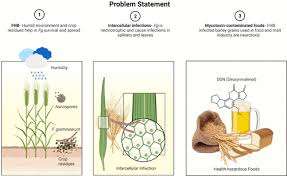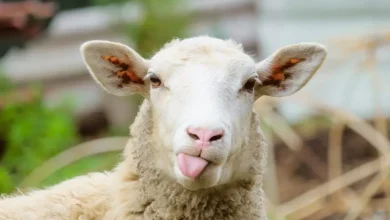LiveStock
Livestock refers to farm animals like cattle, sheep, goats, pigs, and poultry that are raised for food, fiber, or labor. They are essential to agriculture and rural livelihoods.
-
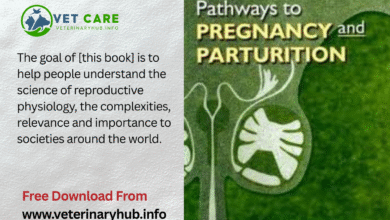
Pathways to pregnancy & Parturition-Free pdf
Pathways to Pregnancy and Parturition is a comprehensive textbook that explores the physiological, hormonal, and molecular processes involved in animal…
Read More » -
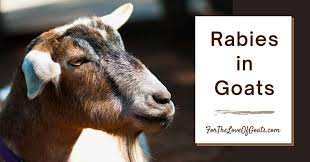
Rabies outbreak on a goat farm and An epidemiologic investigation in Ghana
Highlights •Rabies is confirmed on a goat farm in Ghana. •Rabies outbreak was controlled through vaccination of goats. •Potential human…
Read More » -
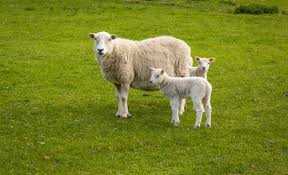
Relationships between sheep nematode infection, Nutrition, and Grazing behavior on improved and semi-natural pastures
Abstract Gestrointestinal nemtodes (GINs) are key parasites of grazing sheep worldwide. To understand the factors influencing GIT infection, we examined…
Read More » -
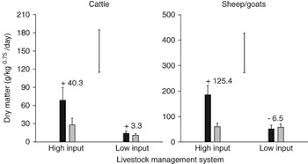
Resource use efficiency in urban and peri-urban sheep,goat and cattle enterprises
Urban livestock husbandry receives growing attention given the increasing urban demand for livestock products. At the same time,little is known…
Read More » -
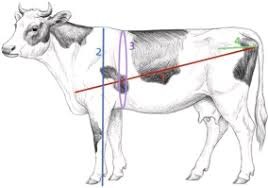
Cattle weight estimation model through readily photos
Abstract Cattle weight is a key indicator for assessing health, meat quality, productivity, and overall well-being. Manual measurement methods are…
Read More » -
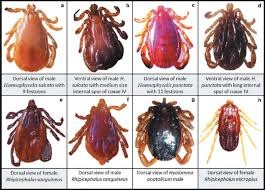
Ixodid tick population on small domestic ruminants (goat and sheep) in different agro-climatic regions
Highlights •First extensive survey of tick in domestic small ruminants in the State of Tamil Nadu, India covering 220 villages.…
Read More » -
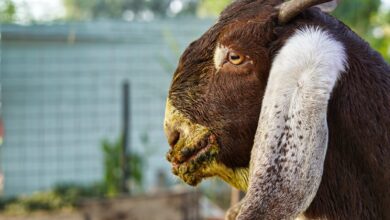
Current status of contagious ecthyma or (orf disease) in goat and sheep
Abstract Contagious ecthyma, an acute, contagious, debilitating and economically important viral skin disease of sheep, goat and some other domesticated and wild…
Read More » -
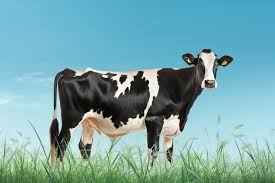
The milk production impacts of liver fluke (Fasciola hepatica) infection in dairy cows
Highlights Infection status was determined using serum antibody analysis. In spring 48 % and autumn 38 % of cows were categorised Fasciola hepatica antibody negative.…
Read More »

